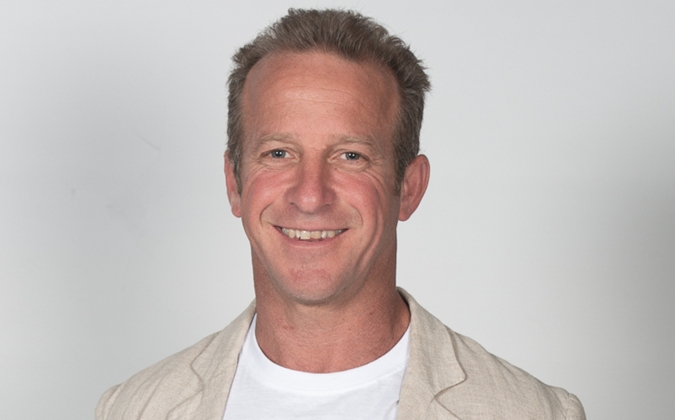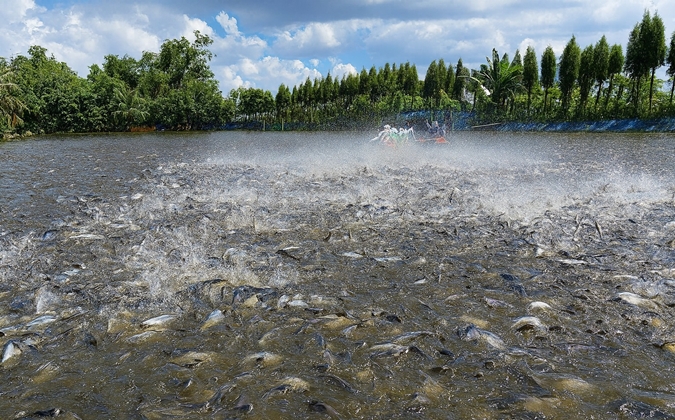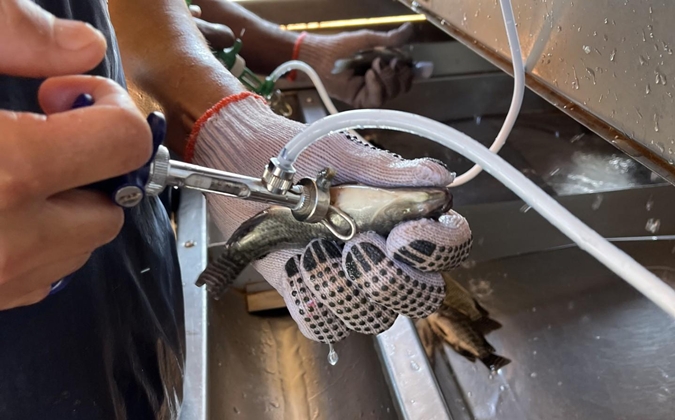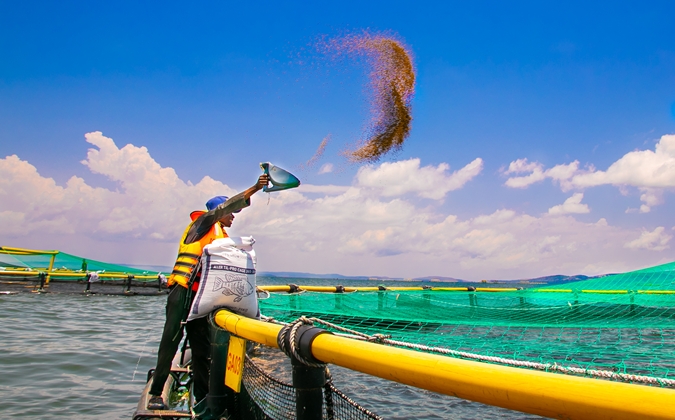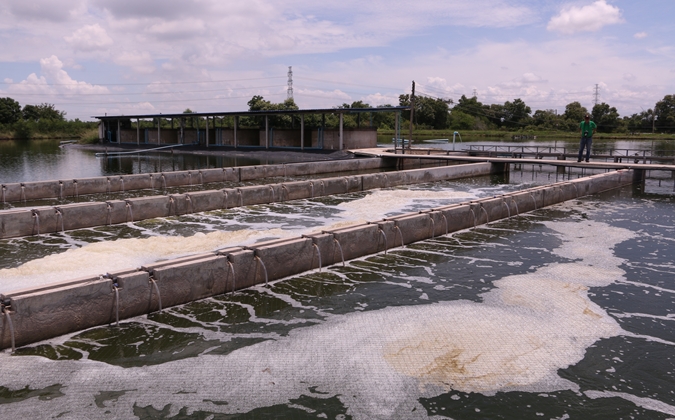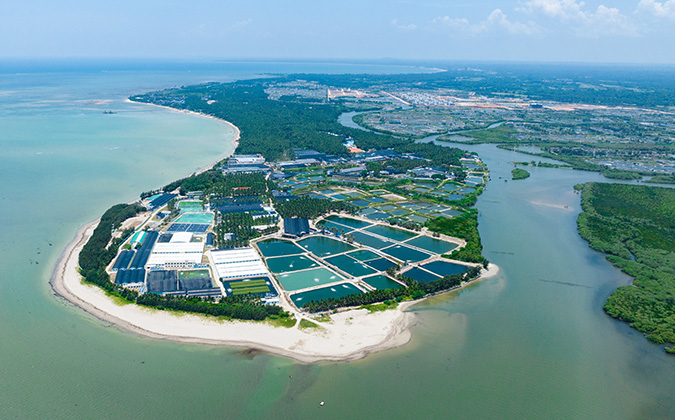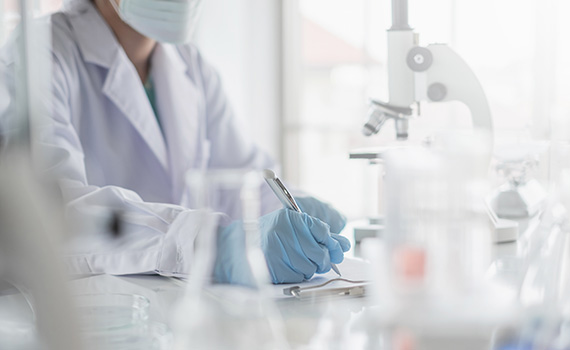
Fish Farm Forum is pleased to host this editorial page on behalf of Pharmaq.
Pharmaq
Managing pandemic pressures in aquaculture’s diagnostic labs
The Covid-19 pandemic has, to some extent, made epidemiologists of all of us. But for microbiologists focused on pathogens that don’t affect humans, it has created some new challenges.
Laboratories dedicated to the analysis of samples from fish farms have faced a basic challenge: to ensure they have enough equipment to continue their work, explained Pål Nilsen, PhD, operations manager PHARMAQ Analytiq.
“Although we are considered a society-critical function in relation to food security, we are now sharing our needs with an industry where the global demand has skyrocketed. At the same time, we need to ensure that the logistics of sending samples to the laboratory are uninterrupted and that we have the right resources in the right places to be able to deliver our services,” Nilsen said.
“The last year has been a struggle to secure our supplies. We quickly put in measures to ensure this, and we have for the most part avoided being uncomfortably close to running out of stock.”
Keeping laboratories open
National and local measures designed to control the spread of Covid-19 have also presented risks to labs that are not shared by other workplaces, given the specialized nature of the work and technologies used.
“In addition to the authorities’ national and local measures, we have our own set of rules to avoid any introduction of SARS-CoV2 or its transmission in the workplace. Our biggest concern has been the risk of infected co-workers, with a subsequent quarantine imposed on our lab,” Nilsen continued.
“We feared that this would be challenging, but the way measures have been put in place in Norway has not impacted our own operational abilities.”
Covid-19 diagnostics innovations may have aqua application
There are a number of commonalities between the work of epidemiologists focused on Covid-19 and those looking at the broad range of bacteria, viruses and parasites affecting fish. This means that new developments designed to curtail the pandemic could also have potential use in stopping the spread of diseases found in aquaculture, Nilsen explained.
“Due to the resources allocated to finding solutions to the spread of Covid-19 on a global scale, we naturally expected to see innovation in the diagnostic field. Now we are being made aware of new, innovative techniques and are in process of evaluating potential feasibility in aqua diagnostics. Ultimately, we have the same challenge: how to gather the most useful data in the shortest amount of time with the appropriate level of quality,” he said.
Constants remain in fish health management
While it may be tempting to view the pandemic as the kind of seismic break that brings about wider change, including the introduction of new procedures and technologies in numerous areas, Nilsen believes that any transformation in the diagnosis and treatment of fish diseases was already happening.
“Aquaculture is an industry operating with a long-term perspective. The fish need their health and welfare looked after, pandemic or not,” he explained.
“Our data is still a piece of the puzzle farmers and fish health personnel use to complete their picture and make informed decisions about how to reach their goals. I do not think the pandemic has significantly changed what is required to produce a healthy fish. They still have their needs when it comes to environmental parameters, being protected from disease and keeping stress levels as low as possible.”
Aggregated data and automation will help industry
The PHARMAQ Analytiq lab has seen an overall increase in sample volume over the last 12 months, albeit with fluctuations. Although there have been no other changes that could be specifically attributed to Covid-19, the lab has seen a growing focus on aggregating data and automation.
“The ability to provide a higher predictive value is something we are invested in and see as a main driver for future value in our industry,” Nilsen added.
“Serving as one of the guarantors for food safety and supply in Norway, we have not reduced staffing in the lab due to Covid-19. However, we are continuously striving to reach a higher level of automation which will increase efficiency, quality and, at the same time, free up resources to develop and implement new products.”
Posted on: December 03, 2021


